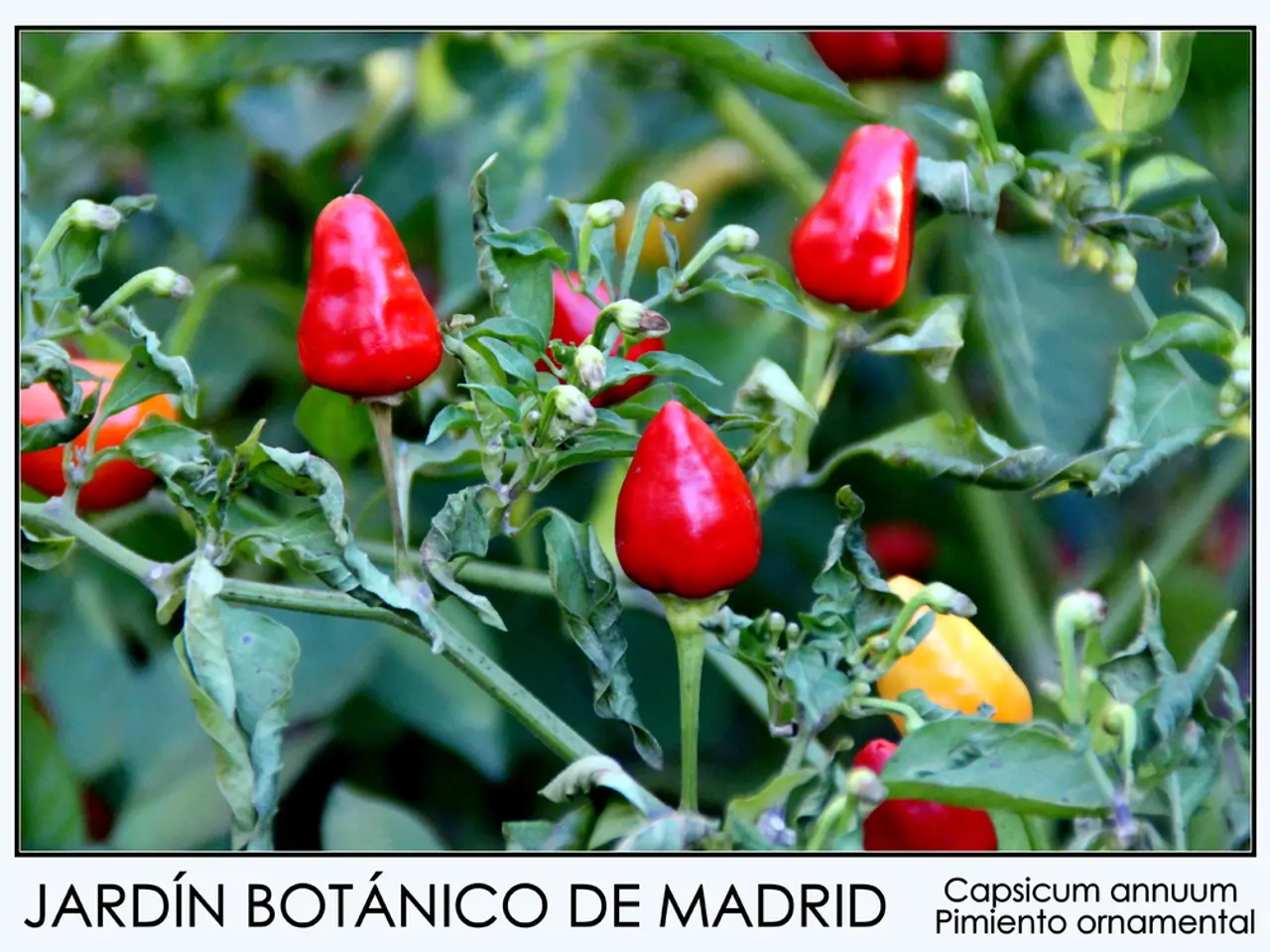Phytosanitary and Cleanliness Standards (PS&C) in Focus
In the realm of international trade, maintaining the health and safety of plants is of utmost importance. This is where the World Trade Organization (WTO) comes into play, playing a pivotal role in setting the rules for Sanitary and Phytosanitary (SPS) agreements.
The SPS agreements, governed by the WTO, provide a comprehensive framework that balances the need for plant health protection with the prevention of unnecessary trade barriers. The aim is to ensure that SPS measures, such as those controlling pests and diseases, are scientifically justified, transparent, and do not unjustifiably hinder trade.
One of the key roles of the WTO is the establishment of the SPS Agreement, which sets internationally agreed rules for member countries to design and implement SPS measures consistent with protecting human, animal, and plant health without unjustified trade restrictions.
Another crucial aspect is the requirement for countries to base their SPS measures on international standards, guidelines, and recommendations. Organizations like the International Plant Protection Convention develop these protective measures to harmonize practices and facilitate trade.
Transparency and notification obligations are also essential components of the WTO's SPS agreements. This means that countries must notify proposed SPS measures to the WTO, allowing other members to comment, thereby promoting international scrutiny and dispute prevention.
The WTO also supports recognition and cooperation regarding regional or pest-free areas. This helps importing countries to accept exporting countries’ claims about their plant health status, reducing trade restrictions related to regional conditions.
A platform for member countries to share information, resolve disputes, and develop further guidance on SPS measures is provided through mechanisms such as the WTO SPS Committee.
In the United States, the National Plant Protection Organization (NPPO), the Animal and Plant Health Inspection Service (APHIS), is responsible for implementing quarantines. Certain plant materials cannot be brought into the United States at all from certain locations without precautionary treatment, due to the risk of carrying regulatory pests, select agents, or high-consequence organisms.
Travelers coming into the United States should not attempt to import agricultural materials like fruits, vegetables, plants, bulbs, seeds, or cuttings unless advance arrangements have been made and a permit obtained. Quarantines are still used today for animals and plants of suspect or unknown health status that arrive at national entry points.
Commercial channels also have obligations regarding plant materials. Any such materials being carried or imported must be reported to agricultural quarantine or customs officials upon arrival.
Government eradication programs are conducted when a serious insect pest or disease breaks out. If introduced into California, for example, the Mediterranean fruit fly could devastate the state's huge fruit industry. However, such plant products can be imported commercially if they are properly fumigated to kill the pests before shipping.
Quarantines are also applied regarding plant safety and crop protection to prevent the spread of harmful organisms from infested to non-infested areas. The U.S. National Plant Diagnostic Network (NPDN) is an example of an effort to enhance agricultural security by linking plant disease and pest specialists so that high-consequence pests and pathogens can be quickly identified and an appropriate response coordinated.
In summary, through its SPS Agreement and related processes, the WTO facilitates balanced international trade by ensuring that plant health protection measures are scientifically justified, transparent, and internationally harmonized, while minimizing unnecessary trade barriers.
- The World Trade Organization (WTO)'s SPS agreements prioritize food safety in agriculture, aiming to strike a balance between plant health protection and the prevention of trade barriers.
- To maintain transparency, countries must notify proposed SPS measures to the WTO, allowing other members to comment, thereby promoting international scrutiny and dispute prevention.
- In order to harmonize practices and facilitate trade, organizations like the International Plant Protection Convention develop protective measures for soil and plants.
- The WTO supports recognition and cooperation regarding regional or pest-free areas, helping importing countries to accept exporting countries’ claims about their plant health status, reducing trade restrictions related to weather conditions.
- In the realm of lifestyle and personal development, it's important to educate oneself about proper food safety procedures and the role of the WTO in ensuring safe plant trade worldwide.
- The casino and gambling industry may not have a direct connection with agriculture and food safety, but understanding the global trade rules set by the WTO can influence financial investments and overall economic growth.




